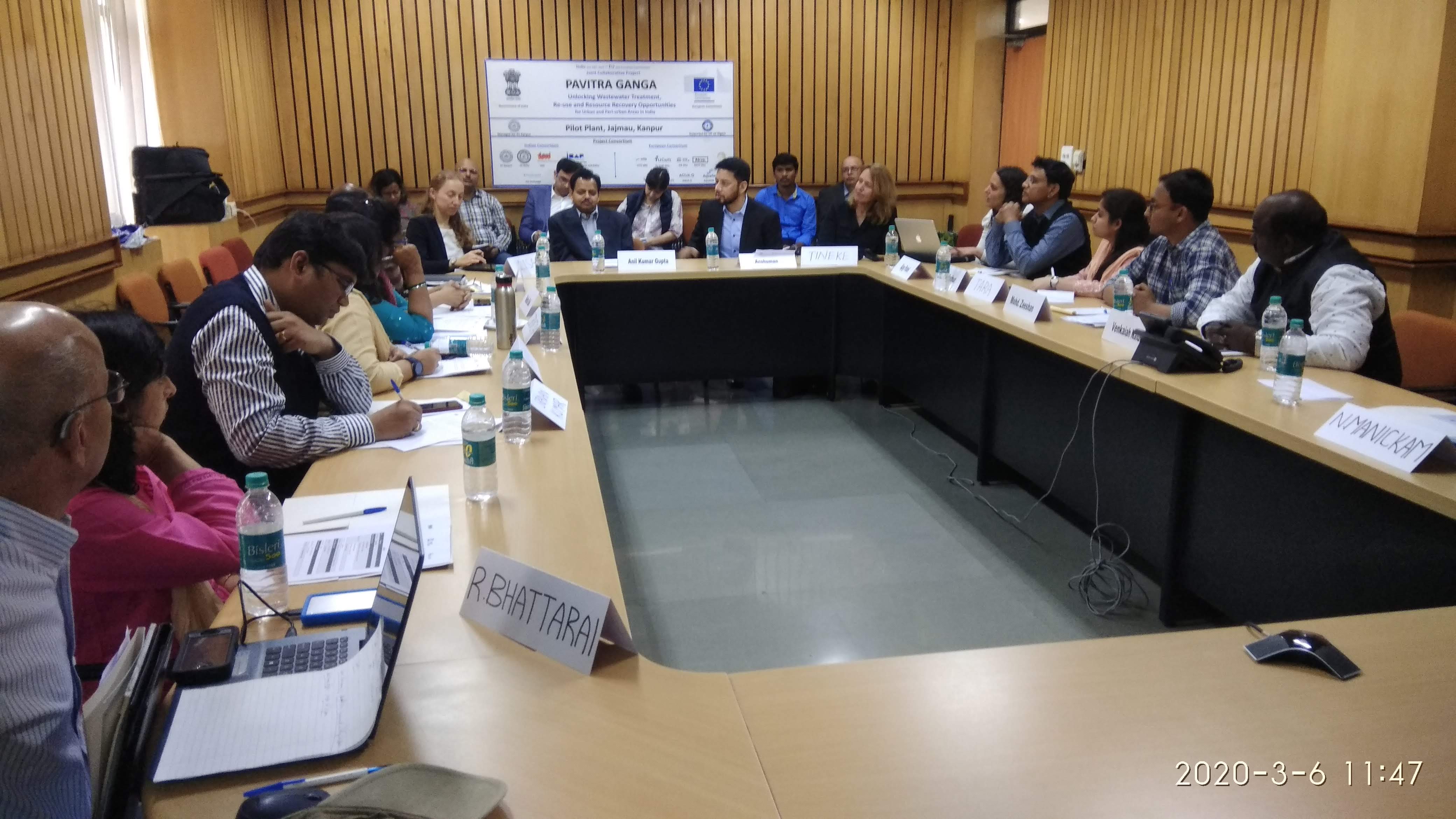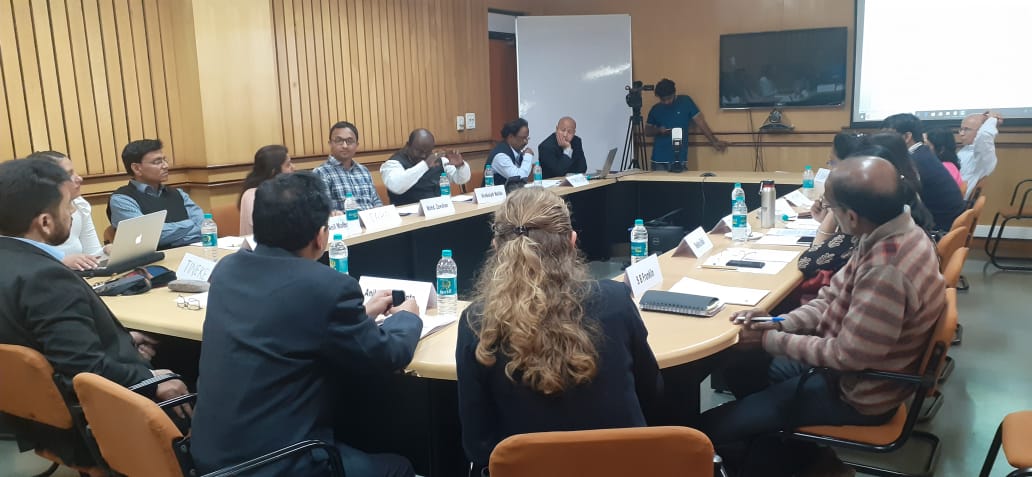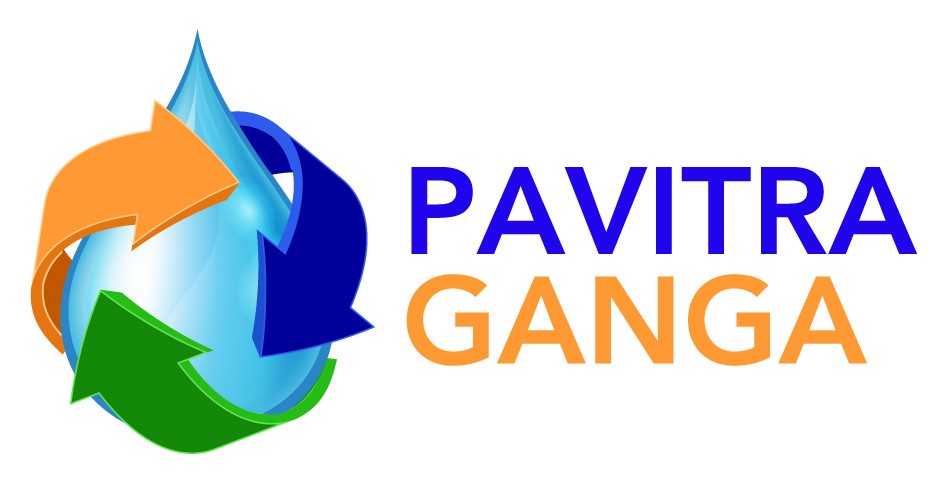A stakeholder consultation workshop for the Pavitra Ganga Project was held in the city of Kanpur on March 6th, 2020 at the Indian Institute of Technology, Kanpur campus. The participants from Uttar Pradesh Jal Nigam, Uttar Pradesh Pollution Control Board, National and State Mission for Clean Ganga, Solidaridad Asia, and Researchers from CSIR Indian Institute of Toxicology Research, Lucknow, Harcourt Butler Technical University Kanpur and IIT-Kanpur participated in the workshop.

Prof Purnendu Bose, IIT Kanpur welcomed the participants to the workshop. Mr. Anshuman from TERI presented the background of the project and explained the wastewater treatment technologies that are being piloted in the Barapullah drain in Delhi and Jajmau STP of Kanpur. Mr A.K. Gupta, Chief Engineer Kanpur Zone, UP Jal Nigam then presented the initiatives taken up by UP Jal Nigam for cleaning the Ganga.
Two plenary sessions were held during which participants discussed major policy and regulations and existing technological landscape dealing with wastewater treatment and resource recovery in Kanpur. Participants also discussed opportunities and constraints in the current scenario. The participants highlighted that the existing infrastructure in wastewater treatment systems is not able to keep up with more stringent wastewater quality standards but new treatment plants should be designed to meet them accordingly while more time and resources to improve the performance of the older treatment systems is required.
The complexity of the wastewater (which is usually a mixture of industrial waste with sewage) and disposal of toxic sludge from STP at Jajmau were perceived by the participants to be major constraints in wastewater treatment and reuse in Kanpur. Opportunities in reuse of treated wastewater in irrigation, forestry and other non-potable uses were reflected upon while the consensus was that the wastewater has to be treated to acceptable limits before any use.
The participants also discussed the requirements to upgrade technology to achieve safe disposal or reuse of treated wastewater. However, retrofitting and upgradation of wastewater treatment plants will require time and resources in order to ensure that appropriate wastewater treatment is done. There were suggestions for creation of social goods from by-products of tannery industry like raw trimmings and lime sludge etc. to help ensure that there is less amount of wastage of resources as well as to generate income from waste which will help generate greater interest and sustainability in the sector. The participants also advised that the industrial partners need to take greater responsibility over waste and wastewater management as a part of their business sustainability while also easing the load on the treatment plants. The participants also spoke about the need to provide incentives to industries that comply to the norms along with appropriate disincentives for non-compliant stakeholders.
The hindrances towards the reuse of treated wastewater such as the need for assured quality and quantity for treated wastewater (As per the norms different uses), pricing of the resource, infrastructure required, etc. were also discussed. The participants also highlighted that even though in most cases rules and regulations are there, it is imperative that their enforcement and implementation is done effectively.

